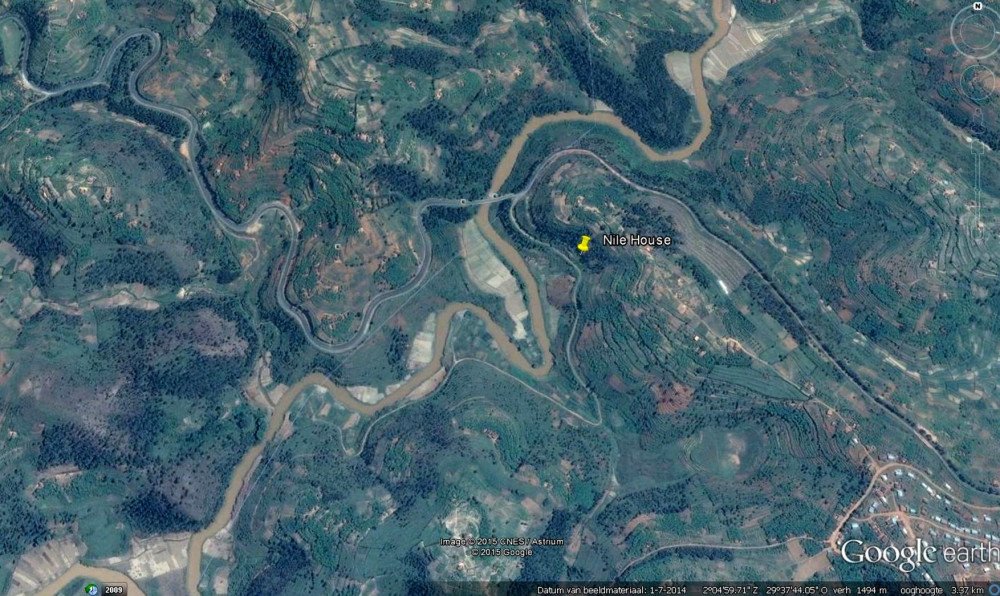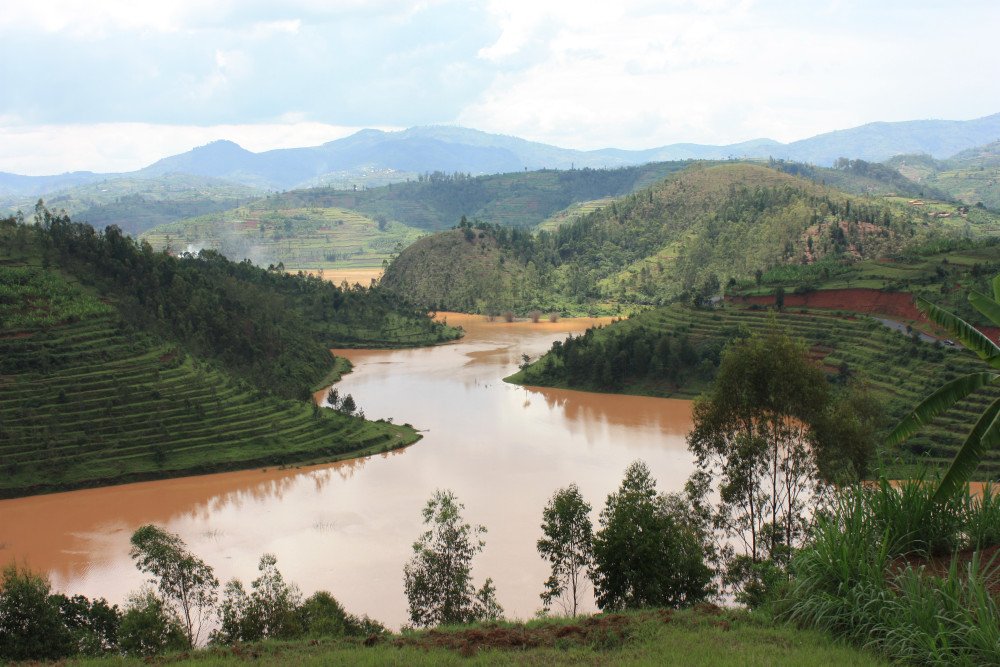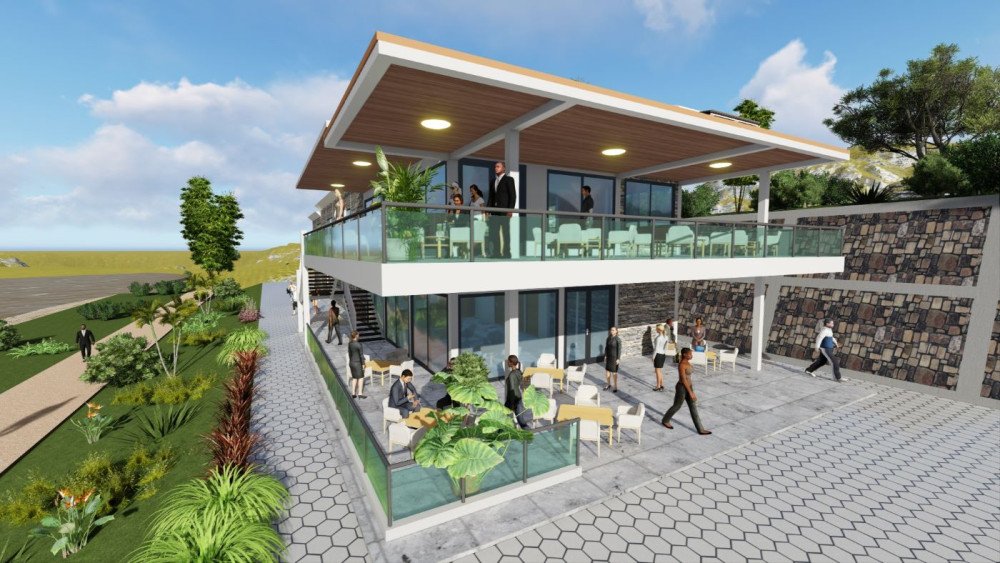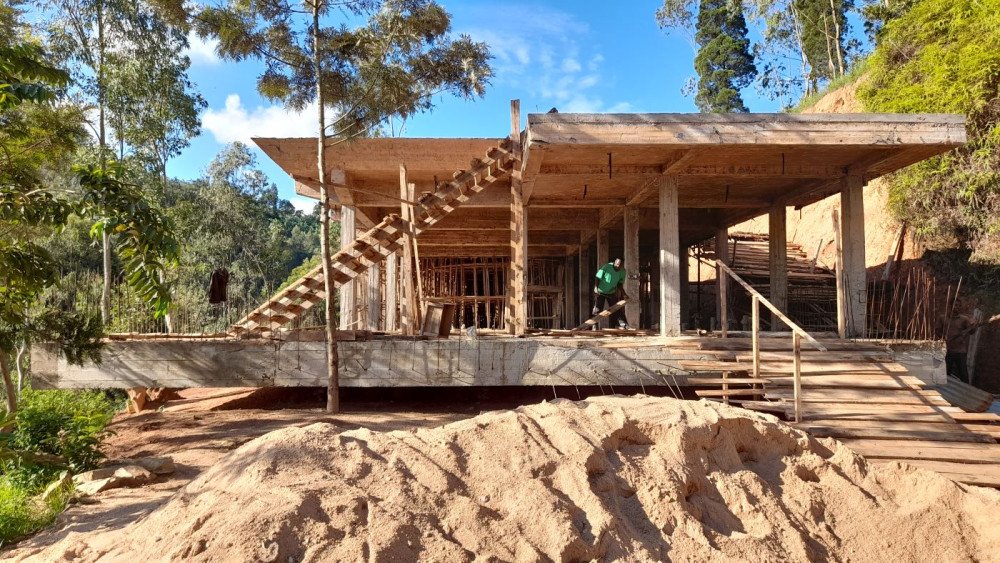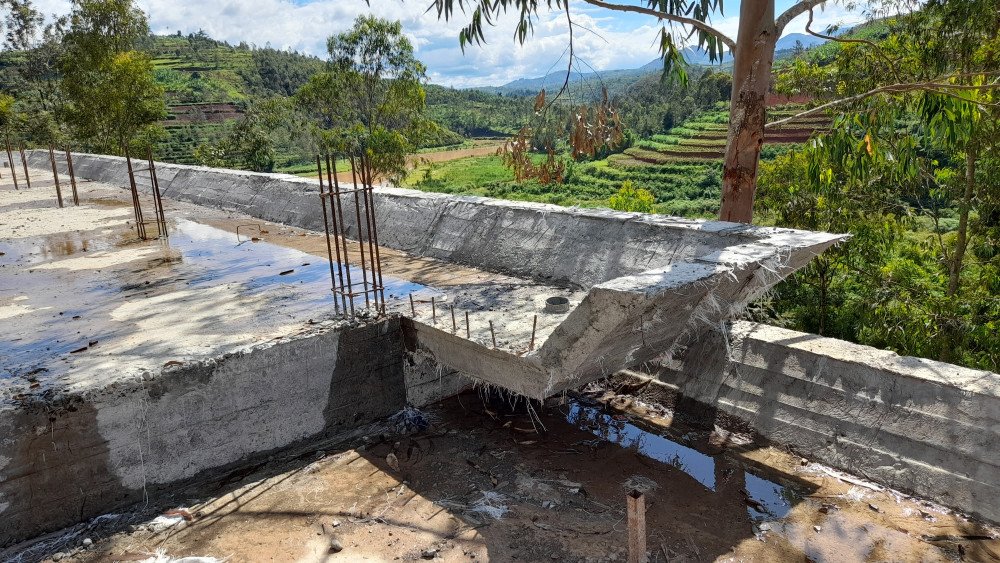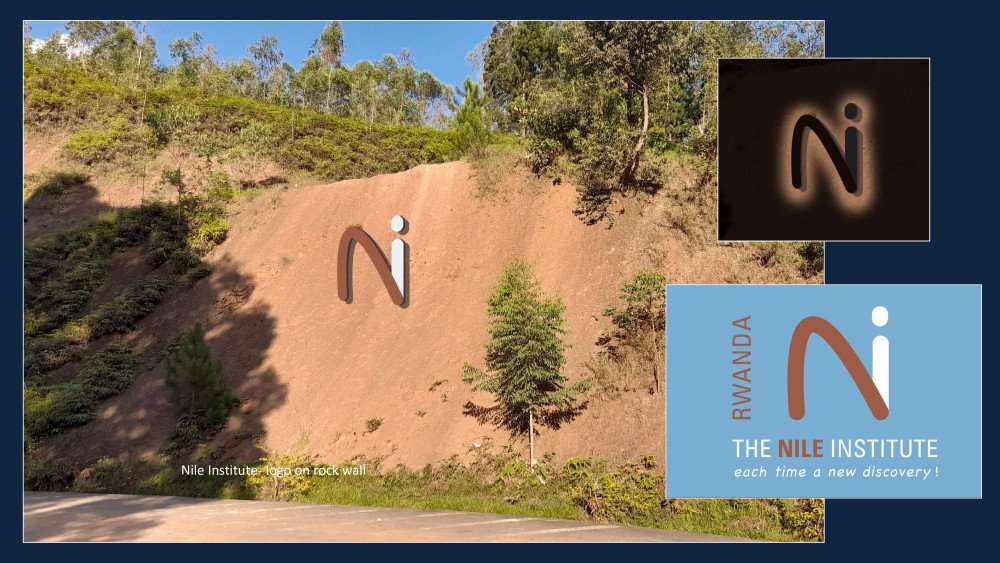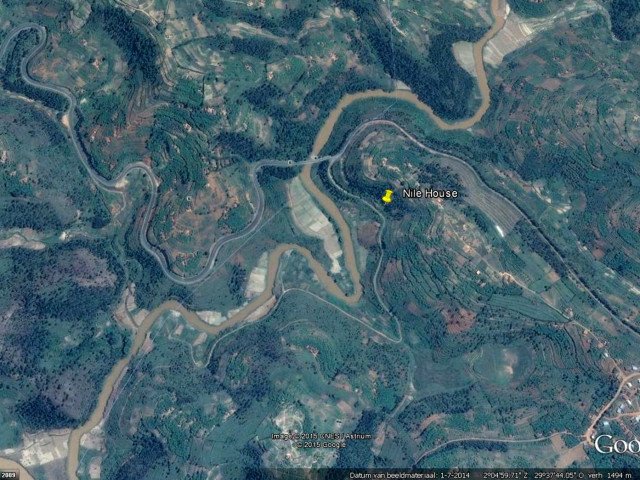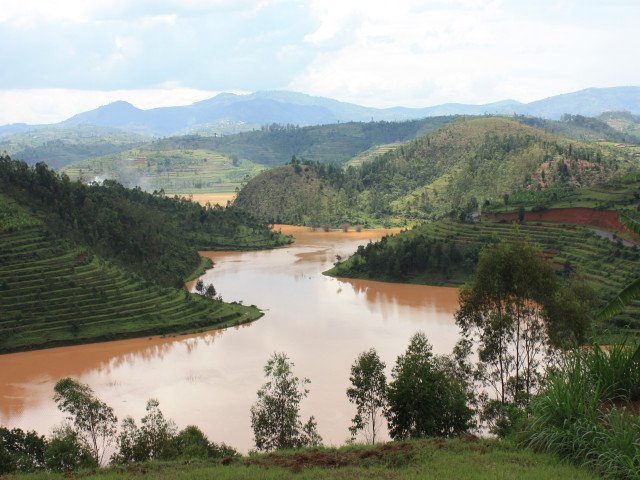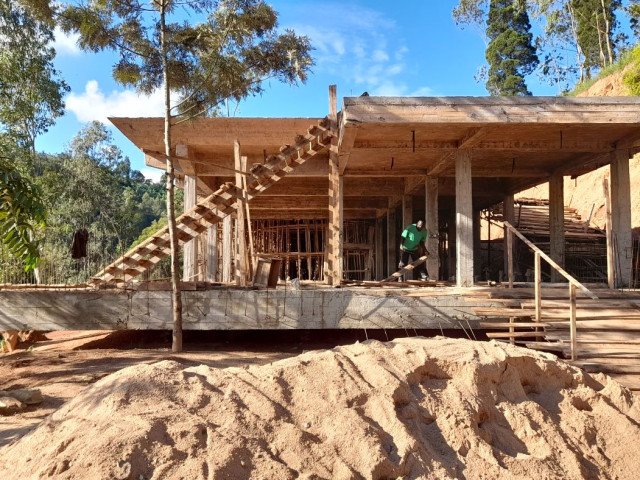The Nile Institute Rwanda is located in the Muhanga District, on the banks of the Nyabarango river. This special project, were science and education ‘merge’, is located barely 40 km from the farthest source of the Nile. The institute will make an important contribution to water - both through its Visitor & Education Center and through its Research center - in Rwanda and in the Great Lakes Region.
Policymakers and scientists agree on the importance of water in the current context of climate change, but also on the irreplaceable role of water in our life.
Not only the Rwandan government would benefit from a more thorough knowledge of the River Nile in order to make better use of it; everyone – young and old – also has a responsibility for the future of the river and the water.
The Research Center of the Nile Institute Rwanda will investigate the different aspects of the Nile and provide the knowledge and information about every interaction between river and living creatures.
The collected research material enables the Visitor&Education Center of the Nile Institute to make a presentation and in the same time create awareness among the visitors about their direct connection with the river Nile (Nyabarongo). Not only communicating scientific knowledge but also teaching techniques and precautions necessary to protect the river.
The Nile Institute Rwanda will make an important contribution about ‘water’, both through its ‘Visitors Center’ and through its ‘Research Center’, and this in Rwanda as well as in the Regions of the Great Lakes. 84 % of the Rwanda territory is in the Nile basin and 16% in the Congo basin, so also the Kivu Lake and associated rivers are involved.
The Visitor & Education Center
1. Welcome to the Nile
What are the elements of the Nile? Discover the origins, length, width & depth, the lands in the Nile Basin, the White and the Blue Nile, cities along the river and the local climate.
2. The essence of Water
Why is water so essential? Discover why we need water in nature,health,agriculture, industry and transport. Witness a demonstration set on the purification of water, erosion and drinkable water.
3. Importance of the River
How is the Nyabarongo river impacting us?Be amazed by the importance of the river and all it s impact on human neighbours as well as surrounding ecosystems. Projections of microscope images, lab set-up with a greenhouse and insects, fish and mammals and much more to discover.
4. Data Research Center
Four main topics for research are important: Climatechange/ Biologicalresearch/Hydrologicalresearch/Physo-chemicalconditions
The Nile Research Center
The Nile Research Center aims to generate knowledge on the interaction between the river and its inhabitants.Four main topics for research are important.
Climate Change
Climate change has a serious impact on the Nyabarongo river, which acts as a natural buffer.So the role of this river in the context of climate change is important.
Biological research
This research is will register all kinds of species inhabiting the environment.Knowledge on the biodiversity can help decision makers on the quality of life in the aquatic environment.
Hydrological research
Thisresearchhasascientificandaneconomicaluse.TheNyabarongoriverishometoahydroelectricpowerstationgeneratingover24megaWattsofenergy.Gatheringdataonenvironmentalfactorscaninformdecisionmakers,especially with regard to the availability of water.
Physico-chemical conditions
The impact of agriculture on the erosion, as well as the presence of inorganic elements could be verified, such as mineral salts from chemical fertilizers or exploited minerals

